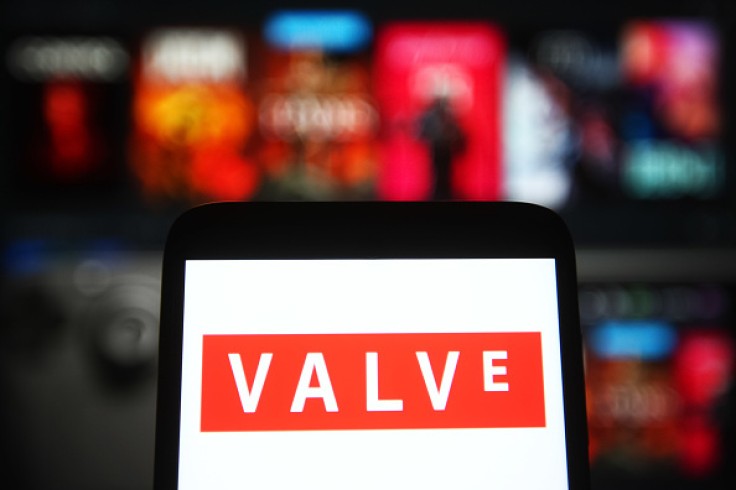AI has been making its way to multiple sectors now. Retailers use it to create recommendations for buyers, people use it to create art, and even businesses are using it to streamline operations. Although the game industry is now also using AI to enhance gaming experiences, Valve is not okay with AI-generated content.

Valve's Concerns About Infringement
The video company rejected multiple game titles for having AI-generated content. Although it might seem like Valve could be having an ethical crisis regarding AI, it's actually more about the legal matters that they might face, specifically copyright infringement.
It's been days after the rejection before the company clarified the matter. Valve spokesperson Aitchison Boyle said that developers can use AI technologies in their work with appropriate commercial licenses, but cannot infringe n existing copyrights.
Boyle also mentioned that the move should not be seen as the video game company trying to discourage the use of AI on the video game distributor, Steam. As mentioned in Engadget, Valve is trying to ship as many of the titles they receive as soon as they can.
Valve welcomes and encourages innovation, and AI technology is "bound to create new and exciting experiences in gaming." The video game company is already refunding submission credits to the developers who had their titles rejected.
Of anything, it's actually a smart move on Valve's part. Right now, the laws and rules on using AI to create content are still foggy, and a lot of issues have been floating around regarding the use of AI technology with some even developing into legal matters.
A lot of instances have been emerging where people are exploiting the uses and capabilities of artificial intelligence. AI companies are receiving lawsuits with accusations of scraping data from the internet without the license to do so or consent.
Illegal Use of AI
The legal issues regarding AI are not limited to the companies' alleged illegal access to content on the internet to train their AI systems. It's also the use of AI tools by normal people to create content that violates copyright law. Both the art and music industry has been affected by it.
Just this April, a song titled "Heart on My Sleeve" caught the attention of listeners on social media. The track was created using AI, which caught the attention of one of the biggest record labels due to the use of music artists Drake and The Weekend's voices.
As reported by The New York Times, it has generated millions of views across social media and streaming sites like YouTube, Spotify, and TikTok. Universal Music Group, the two artists' record labels, immediately responded to the matter at hand, which resulted in the song being taken down.
There are also circumstances where artists claimed that their art style was copied by AI image generators, which means that the AI model may have been trained using their artwork, among others, without the developers asking for permission from the artists.









